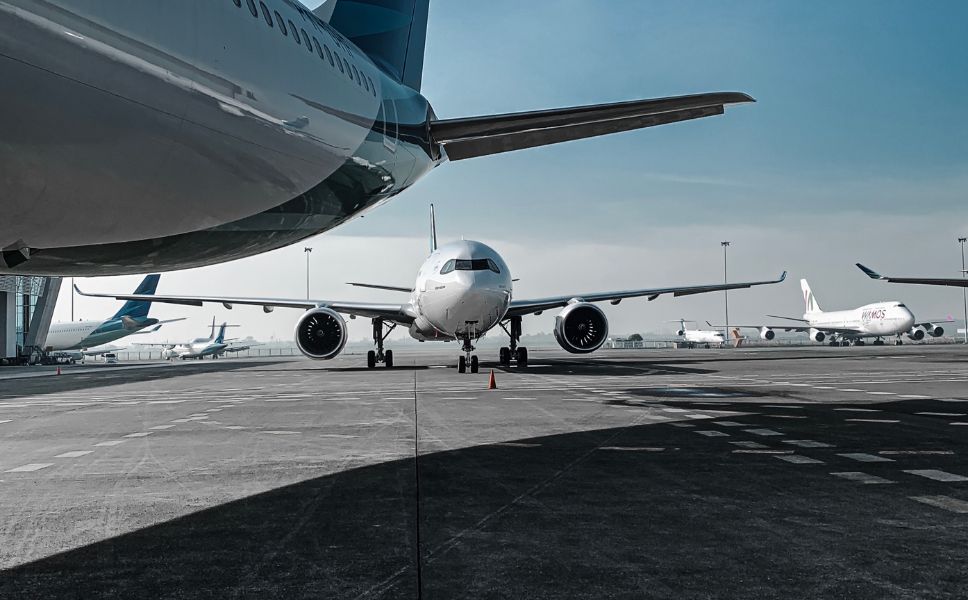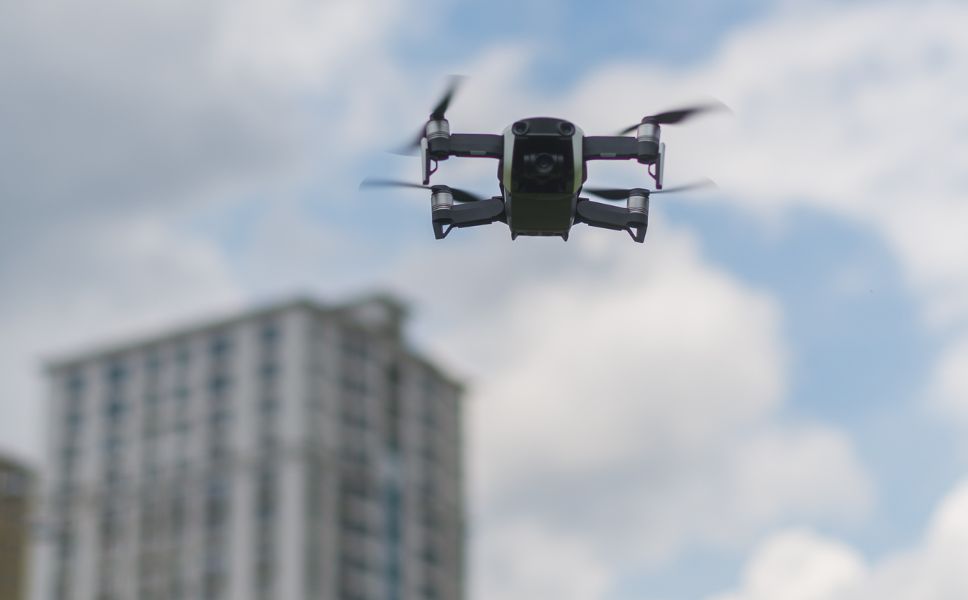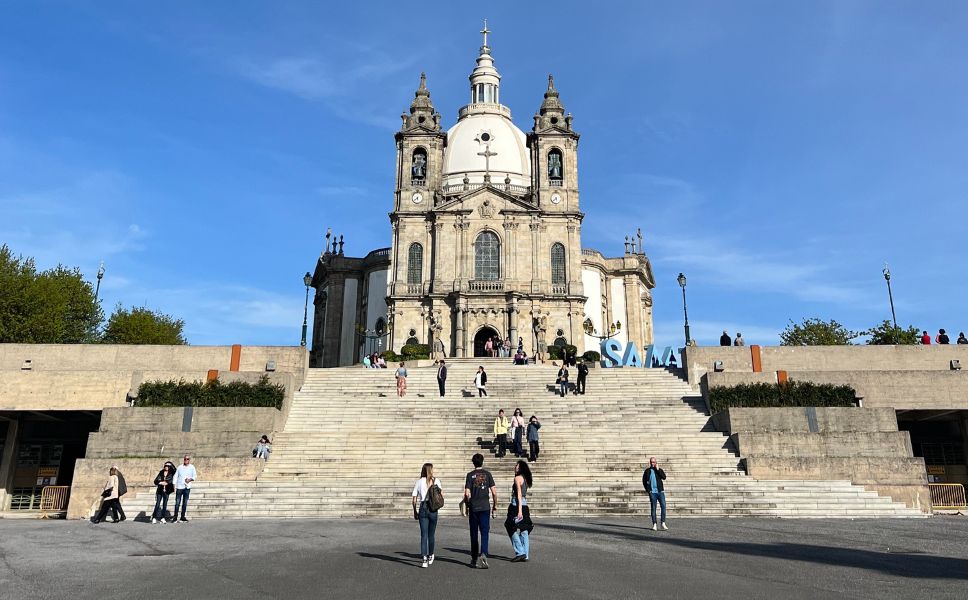
BAMBOO developed new methodologies and algorithms to extract travel demand information from anonymised mobile network data and to integrate such information into state-of-the-art transport simulation systems and interactive visualisation tools.

CONDUCTOR’s main goal is to design, integrate and demonstrate advanced, high-level traffic and fleet management systems that enable efficient and globally optimal transportation of passengers and goods, while ensuring seamless multimodality and interoperability.

DIGITWIN4CIUE aims to train the future leaders of a digitally transformed civil engineering sector through an international joint master’s degree programme on the application of digital twins to civil engineering and through a Centre of Excellence that accelerates the digital transformation of the civil engineering sector in Europe.

To support the design and implementation of multimodal airport access solutions, MAIA will develop a set of data analytics and modelling tools as a basis for two passenger mobility innovations: shared autonomous vehicle fleets and unmanned aerial vehicle fleets.

The EU-funded NOSTROMO project developed new approaches to ATM performance modelling, combining model transparency, computational tractability and ease of use.

The PASSPORT project aimed to improve the planning and management processes for urban and interurban public transport by providing tools that enable the optimisation of transport services based on the expected behaviour of demand.

POLDER aimed to design, develop, and deploy a software suite to support governments in the elicitation, design, and application of policymaking. Nommon’s participation in the project was centred in the use case of smart tourism.

SOTERIA aims to accelerate the achievement of the Vision Zero EU goal through a holistic framework of innovative models, tools and services that enable data driven urban safety intelligence, facilitate safe travelling of vulnerable road users, and foster the safe integration of micromobility services in complex environments.

The project SYNCHROMODE aims to develop data driven ICT tools for improving the management of transport operations from a multimodal perspective and managing the overall transport network as a whole.

TravelInt has developed a suite of big data and machine learning technologies to acquire detailed information about passenger behaviour and support decision-making processes in airport planning and management.

USEPE explored potential drone separation methods to ensure the safety of operations in urban environments, with a particular focus on densely populated areas.

WalkFlow aims to develop a tool for monitoring and predicting pedestrian flows by combining anonymised mobile network data and location data from mobile apps to help cities better understand pedestrian mobility and assist them in the design and implementation of new urban interventions.












